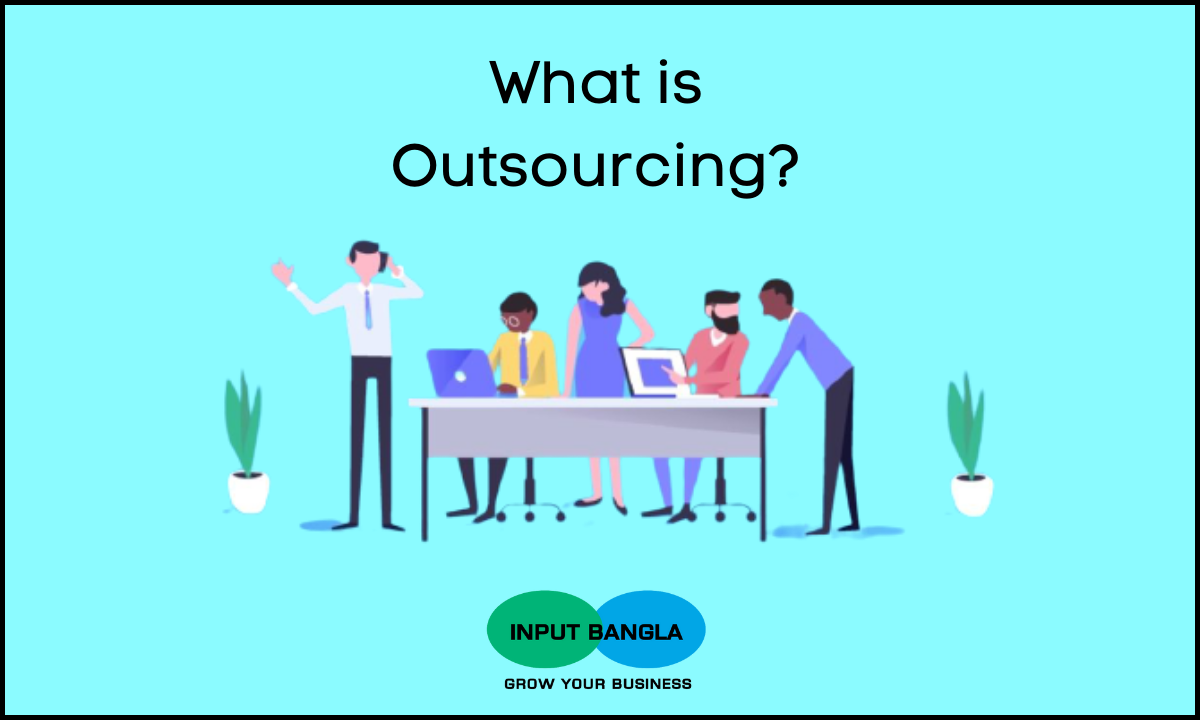Outsourcing is a business practice in which a company contracts a third party to perform errands, handle operations or give services for the company. The outside company, which is known as the service supplier or a third-party provider, orchestrates for its own specialists or computer systems to perform the tasks or services either on location at the contracting company’s own offices or at outside locations.
Outsourcing includes both foreign and domestic contracting and sometimes includes offshoring (relocating a business function to a distant country is nearshoring (transferring a business process to a nearby country).
Offshoring and outsourcing are not mutually inclusive: there can be one without the other. They can be intertwined (offshore outsourcing), and can be individually or jointly, partially or completely reversed, involving terms such as reshoring, inshoring, and insourcing.
Why Did You Choose Outsourcing?
Outsourcing can bring big benefits to your business. Here, we are show everything you need to know to ensure your outsourcing initiatives succeed:

1) Save time
Outsourcing non-core activities like back-office operations or administration frees up your resources helping you to focus on the core functions of the business, rather than supporting ones.
2) Expertise
Access to skilled resources means that businesses can avail of the right talent, assuring a higher quality of the outsourced tasks.
3) Staffing flexibility
If your business has operations with cyclical or seasonal demands to bring in extra staff, outsourcing provides an opportunity to avail of additional resources when you need it and release them when they are no longer required.
4) Reduced risk
Outsourcing removes a large share of risk, thereby reducing the risk to your company. By spreading your risk, you reduce your total risk.
5) Savings on Technology & Infrastructure
Outsourcing removes the need for infrastructure investment as the contractor takes responsibility for the business processes and hence develops infrastructure for the same.
6) Reduce Cost of Operation
The biggest motivating reason for a company to outsource is to save money. There are many reasons a company may want to reduce operating costs. One of the biggest and most obvious advantages of outsourcing is lower labour and operations costs, as well as a reduction in overhead expenses.
7) Free Up Resources
A company may need to outsource a department in order to free up experts needed on other projects. Business expansions often require additional duties for existing personnel and outsourcing is a good solution for having too few personnel to fill the new demands. Some companies use outsourcing as a way to free up capital, so it can be invested in other areas of the corporation.
8) Improve Productivity and Efficiency
A company may be seeking ways to improve its efficiency with its allotment of manpower. This might be in production where there is greater expertise outside the company. For example, a laptop company might find it more profitable to outsource the manufacturing of electronic components to an OEM (Original Equipment Manufacturer) instead of attempting to produce in-house.
9) Meet Compliance Requirements
A company facing compliance requirements, may decide to outsource the compliance team instead of adding stress to their existing workers. This requires overview since handing over this type of responsibility to a third-party has risks that may be outweighed by the lack of experience and capability of the company being able to meet the compliance demands
10) Transitioning to New Systems
A company may find itself in the throes of transitioning to a new computer system or manufacturing system. It may behoove the company to outsource the positions responsible for installation and training of in-house talent. This might be a temporary outsourcing to ensure uninterrupted continuity in business operations.
11) Specialize Functions and Services
Some companies may find that outsourcing specialized functions and services is more cost effective. For example, a company wishing to provide a cafeteria for employees most likely would outsource to a professional catering service. By the same token, companies may choose to outsource their IT needs.
12) Offer 24/7 Customer Service
Most businesses have customers spread across the globe. But when your business and staff are only located in one area, coping with global needs and international time zones can be difficult.
Luckily, as outsourcing company are based remotely, you can hire them across the globe to cater to different time zones. This way, you and your staff can maintain a good work-life balance while still being able to attend to customers 24×7!

